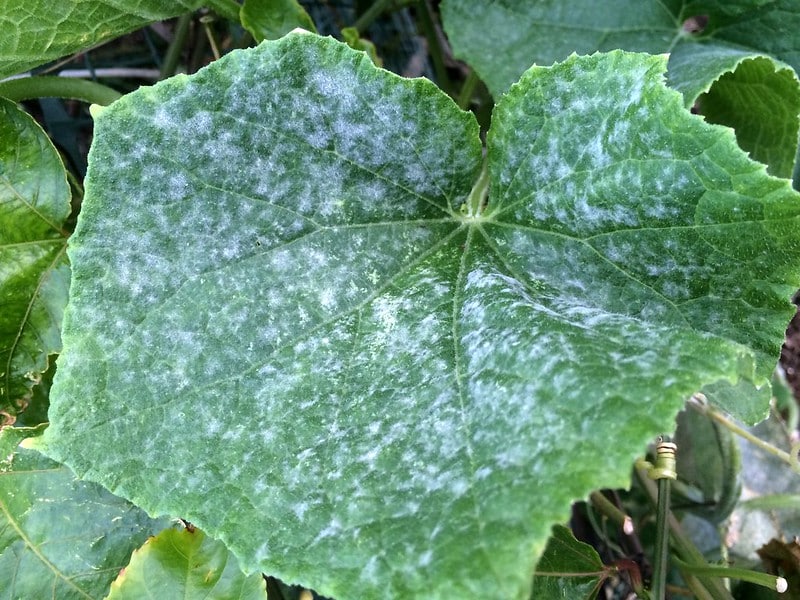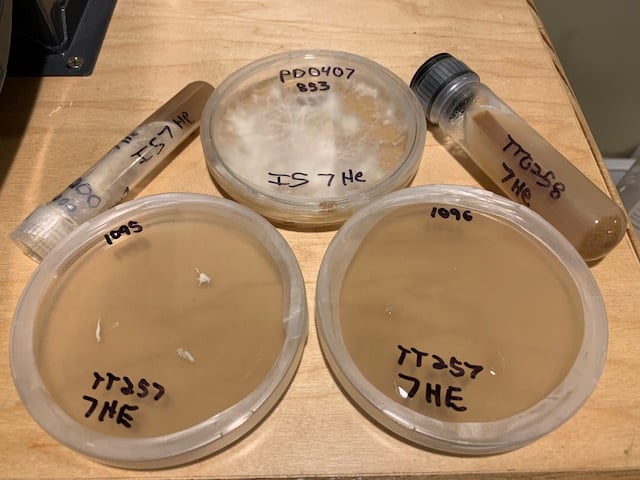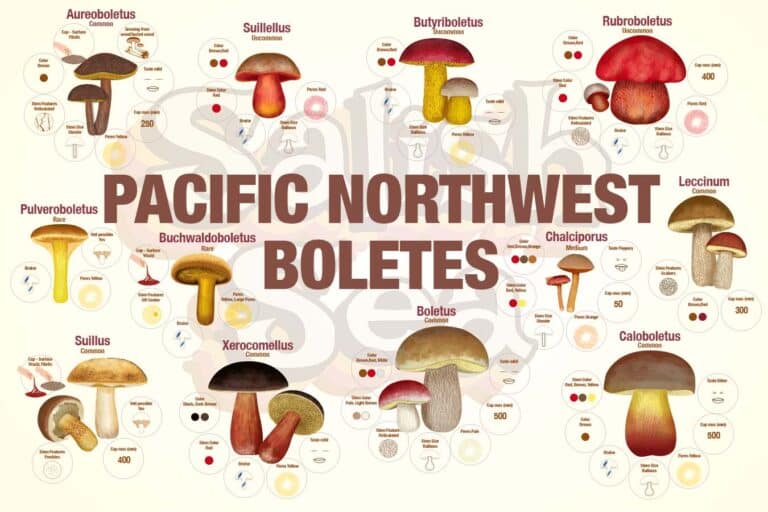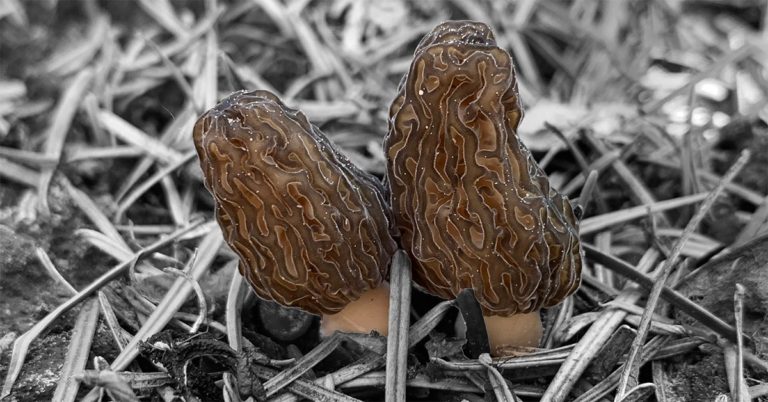What do mycologists do?
Mycologists are scientists who study fungi, which include molds, yeasts, and mushrooms. Most mycologists pursue careers in various fields, such as academia, research, industry, or government. Their work often involves diverse aspects of fungal biology, ecology, genetics, and taxonomy. Some common career paths for mycologists include:
- Academia: Mycologists often work as professors, lecturers, or instructors in colleges and universities, where they teach courses related to mycology, microbiology, or plant pathology. They may also supervise graduate students and conduct their own research in their area of expertise.
- Research: Mycologists can work in research institutes or laboratories, where they conduct experiments and investigations to understand the biology, genetics, and ecology of fungi. This research can lead to advancements in various fields, including medicine, agriculture, and environmental science.
- Industry: Many mycologists work in industries such as pharmaceuticals, food production, or biotechnology, where they apply their knowledge of fungi to develop new products or improve existing ones. They may also work in quality control or as consultants for companies dealing with fungal-related issues.
- Government: Mycologists can work for government agencies, such as the Department of Agriculture, Environmental Protection Agency, or public health departments, where they monitor and manage fungal-related problems or develop policies and regulations related to fungal organisms.
- Environmental consulting: Mycologists may work as environmental consultants, providing guidance to organizations on how to manage and mitigate fungal-related issues, such as the spread of invasive species or the impact of fungi on ecosystems.
- Museums and botanical gardens: Some mycologists find employment in museums or botanical gardens, where they help curate and maintain fungal collections, provide educational programs, or contribute to public outreach efforts.
- Science communication: Mycologists with a knack for writing and communication may pursue careers in science journalism, writing articles for popular magazines or online platforms, or working as science communicators for research institutions or organizations.
 [/et_pb_code][et_pb_code _builder_version=”4.20.2″ _module_preset=”default” theme_builder_area=”post_content” hover_enabled=”0″ sticky_enabled=”0″]
[/et_pb_code][et_pb_code _builder_version=”4.20.2″ _module_preset=”default” theme_builder_area=”post_content” hover_enabled=”0″ sticky_enabled=”0″] [/et_pb_code][/et_pb_column][/et_pb_row][/et_pb_section]
[/et_pb_code][/et_pb_column][/et_pb_row][/et_pb_section]





